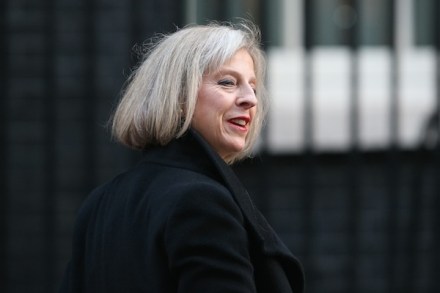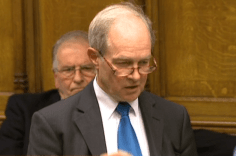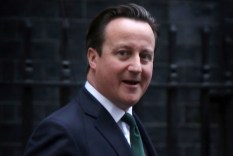Liz Truss: the minister fighting the ‘Where have all the women gone?’ debates
The government’s childcare announcement, fronted by the formidable Liz Truss, is another attempt to appeal to working mothers and to spread privilege by removing some of the barriers for women who want to return to work after having children. Never mind that Labour and a left-leaning think tank complain this isn’t as generous for low-earners as it is for those on higher salaries: the intention is to cut back on the staggering cost of childcare with parents claiming back £1,200 per child (the previous scheme was per household). Labour is anxious about this too: the party knows it left government with an extremely expensive childcare offer, and has been hard





















